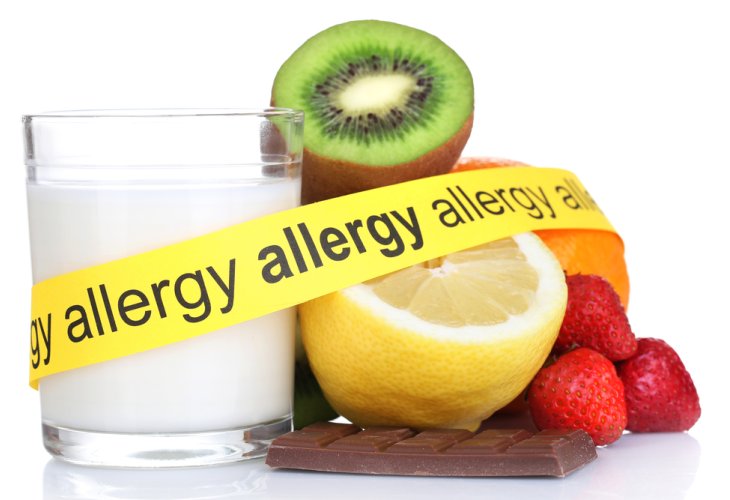Understanding Allergic Reactions: What Happens Inside the Body
What causes allergies, when are they dangerous, and how can they be treated?
 (Photo: shutterstock)
(Photo: shutterstock)An allergic reaction occurs when the immune system mistakenly identifies non-toxic substances as harmful invaders. In response to this perceived threat, known as an allergen, the system releases various chemicals, including one called histamine. This can lead to a range of reactions, such as nasal congestion, increased mucus production, skin rashes, headaches, digestive issues, and more.
The immune system protects our body from potential harm. It is activated by white blood cells known as lymphocytes or B and T cells, originating from the thymus gland. During an allergic reaction, lymphocytes perceive a harmless substance as an enemy and work to produce antibodies.
It is important to remember that B cells remember the antigen they fight against, and with each subsequent exposure to the same antigen, an allergic reaction can occur, quickly or over time. Upon encountering an allergen, cells release substances, particularly histamine. When balanced, histamine is harmless, but an imbalance causes symptoms.
The reaction can manifest immediately, within seconds or minutes, or it might develop after a day or two. Sometimes the symptoms are not associated with the allergen because a significant time has passed since exposure.
In rare cases, the allergic reaction can be very severe, even requiring immediate intervention (anaphylactic shock).
There are instances where an allergy manifests only after years of repeated exposure to the allergen, leading to sensitivity and various symptoms. This can make it difficult to make the connection, as the allergen has been encountered for years without a previous allergic reaction.
Additionally, one allergy may exacerbate another, even though they are unrelated.
To determine the cause of an allergy, tracking and logging is necessary. An elimination diet can be useful—removing suspected foods for a few weeks, then reintroducing them one by one to observe any reactions.
Children growing up in environments with smokers have an increased risk of developing allergic sensitivities.
Vitamin C has antihistamine effects—it is beneficial to consume small amounts, 500 mg two or three times a day, rather than 1000 mg at once, as the vitamin isn’t absorbed effectively that way.
Nettle is effective for skin problems caused by allergies.
Thyme helps moderate the immune system's response.
Omega-3s from fish or flaxseeds reduce inflammation related to allergies.
Zohara Sharvit is a naturopathic doctor N.D and an iridologist with years of experience in treatment, counseling, and workshop facilitation. To book a complimentary workshop, call 073-2221290

